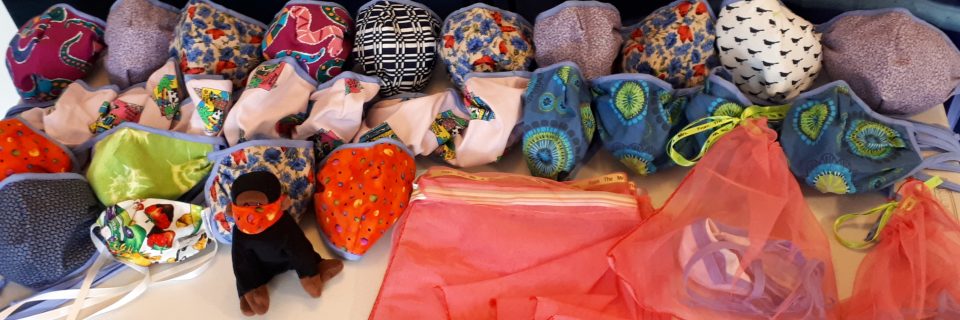Learning Goals
Definition: Learning goals are brief statements that describe what a student should know and be able to do by the end of a period of instruction (e.g., a lesson, series of lessons, or subtask). The goals represent subsets or clusters of knowledge and skills that the student must master to successfully achieve the overall curriculum expectation. (School Effectiveness Framework, 2010)
| Success criteria are directly related to the learning goal.
|
| Students self-assess using the learning goal and success criteria.
|
| Feedback is based on the learning goal and success criteria.
|
| Teacher questioning always refers back to the learning goal.
|
| Learning activities and assessment tasks match the learning goal.
|
Background
When students know the learning goal of a lesson, they can:
- Focus on the purpose of the activity, rather than simply completing the activity
- Understand where to focus their learning and stay on task
Where do learning goals originate?
Learning goals originate with teachers who express Ontario Elementary Curriculum expectations in terms of knowledge, understanding and skills students need to know or do. Teachers write these goals in student-friendly language.
Where do I start when I want to write a learning goal for my students?
The creation of learning goals starts with a teacher answering the following three questions:
- What do I want students to know?
- What do I want students to understand?
- What do I want students to be able to do?
Examples of learning goals focusing on knowledge:
- Knowledge about a particular topic
(know about different types of energy) - Knowledge of how something is done, of the steps involved in producing something
(know how to construct a pie graph) - Knowledge of why something happens
(know why acid rain occurs and its effect on lakes) - Knowledge of what causes something to happen
(know what causes thunderstorms)
Examples of learning goals focusing on skills:
- To be able to write a recount
- To be able to solve a problem using more than one strategy
- To be able to work as part of a team
- To be able to identify persuasive strategies used by an author
- To be able to experiment with a variety of media in order to achieve a stated effect
Note: Often learning goals that focus on skills will also imply the acquisition of certain knowledge or understandings. For instance, to be able to write a recount, students must know about the structure and features of a recount.
Examples of learning goals focusing on understanding*:
- Understand the causes of a historical event
- Understand the effects of diet on health
- Understand how persuasive language can influence a reader
- Understand how the internet can be used for research purposes
- Understand why X causes Y
*Consider building on knowledge and allow students time to reflect and process that knowledge
Please click on file below for Word format:
